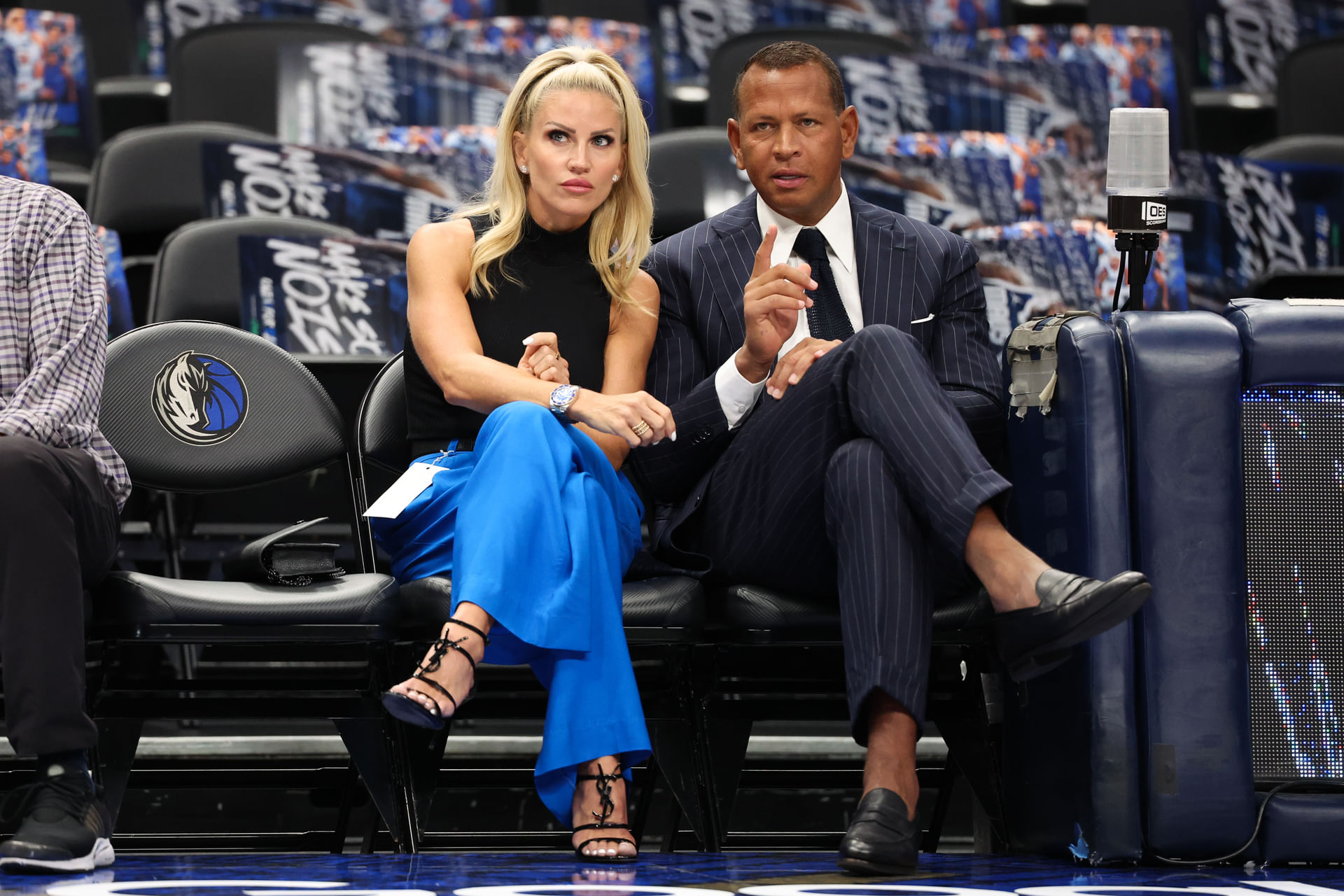A weight loss diet requires maintaining a calorie deficit. However, dining out during a weight loss journey often comes with the fear of exceeding your daily calorie limit and overeating. On June 2, fitness coach Aarja Bedi addressed this common concern and shared 10 practical hacks she learned from her own weight loss journey to stay on track while eating out. Also read | Woman who dropped 25 kilos in a year shares 6 unpopular weight loss tips for drastic transformation

“If you’re trying to lose fat but also don’t want to skip every birthday dinner or brunch invite; this one’s for you. Here are 10 habits I’ve built that let me eat out, enjoy the moment and stay on track,” Aarja added.
1. Never skip meals beforehand.
Starving all day before dinner out just guarantees overeating. Eat light, balanced meals, not nothing.
2. Hit your protein goals early in the day
Frontload protein to make sure that you are not scrambling to hit it after a heavy carb-fat meal out.
3. Keep carbs and fats lower in earlier meals
To leave some room in the tank, follow this tip, because dinner’s going to be rich anyway.
4. Drink extra water that day
This helps with digestion, appetite control, and avoids confusing dehydration for hunger. Also read | Man who dropped from 140 kg to 78 kg shares weight loss secrets: ‘I cut out all processed carbs, stuck to water and tea’
5. Try to get in 10k+ steps and/or a workout
Movement gives you a cushion, mentally and physically.
6. Decide on your indulgence ahead of time
Drinks or dessert, breadbasket or pasta. Not all of it. That one decision keeps everything in check.
7. Check the menu before if you can
Not to obsess, just to avoid panic ordering or FOMO. Knowledge leads to relaxation.
8. Don’t show up starving
Have a small snack (like a protein shake or fruit) 1 hour before to avoid devouring the table.
9. Eat mindfully, not emotionally.
Enjoy and relish your food instead of inhaling it. Consume food, chew slowly.
10. Get back to your normal routine the next day
No making up for it. Just water, protein, movement, and moving on. That’s the real flex.
Note to readers: This article is for informational purposes only and not a substitute for professional medical advice. Always seek the advice of your doctor with any questions about a medical condition.




